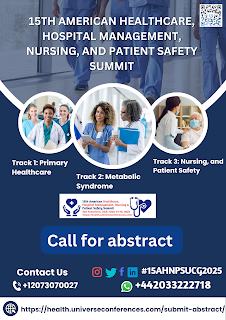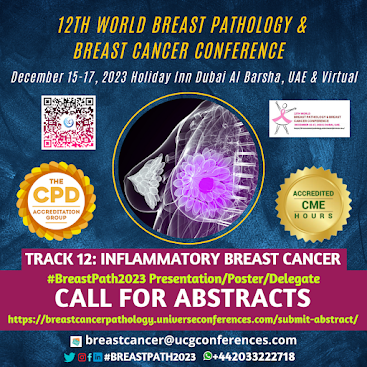"Empowering Health: The Fight Against Non-Communicable Diseases"

"Empowering Health: The Fight Against Non-Communicable Diseases" INTRODUCTION Non-communicable diseases , such as heart disease, cancer, diabetes, and respiratory illnesses, are often termed "silent killers" for their insidious onset and far-reaching consequences. While infectious diseases capture headlines, NCDs quietly exact a heavy toll, contributing to millions of deaths worldwide each year. Whether you're a healthcare professional, policymaker, advocate, or someone personally affected by NCDs, we invite you to join us in this vital conversation. Together, let's work towards a future where everyone has the opportunity to lead a healthy and fulfilling life, free from the burden of non- communicable diseases. Welcome to our platform dedicated to understanding and addressing the profound impact of non-communicable diseases. Together, let's make a difference in the fight against NCDs. 15th American Healthcare, Hospital management, Nursing, ...


